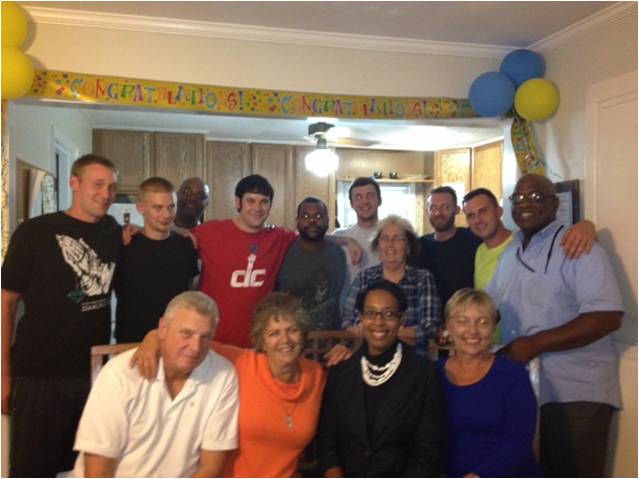You are here
 Addiction has a severe impact on a young person’s development because it affects his or her ability to become an independent person and to make responsible decisions. Treatment providers are recognizing this and are implementing young adult tracts to address the specific needs of this population. But what happens after treatment during recovery?
Addiction has a severe impact on a young person’s development because it affects his or her ability to become an independent person and to make responsible decisions. Treatment providers are recognizing this and are implementing young adult tracts to address the specific needs of this population. But what happens after treatment during recovery?
In order to achieve recovery, one needs a strong support system. In my experience, many young adults feel intimidated to walk into a 12-step meeting and introduce themselves to a group of strangers. When I worked in an inpatient treatment setting, many of my clients lived with family members who were unaware of the recovery process and were not sure how to support the individual’s recovery. Many family members have trouble relinquishing control because they still view the young adult as a child. When space was available, many patients were referred to halfway houses after treatment to gain built-in support.
Nick’s Place is named in memory of our founder and executive director’s son, Nicholas Christarella, who suffered from the disease of addiction from his early teen years until his death at age 22. About a year and a half after his death in 1997, the idea came to his mother and step-father, Rhea and Barry McVicker, to start a home that would be exclusively designed to bring young men together to address their unique needs.
The McVickers made the decision to invest their own money to start Nick’s Place, and in October of 2000, Nick’s Place opened its doors. The mission of Nick’s Place is to provide a clean, safe, and supervised drug and alcohol free home to young men aged 20-26 in which to begin their recovery from addiction. Nick’s Place continues to be the only residence in the Washington, D.C. metropolitan area designed specifically for this high risk population.
This program understands the developmental issues of a young person with substance use disorder and the support needed to recover from the damage of substances. Nick’s Place adopts the four major dimensions of recovery, as described by www.mentalhealth.org, which include:
- Health: Make informed, healthy choices that support physical and emotional wellbeing.
- Home: Have a stable and safe place to live.
- Purpose: Engage in meaningful daily activities, such as a job or school, volunteering, caring for your family, or being creative. Work for independence, income, and resources to participate in society.
- Community: Build relationships and social networks that provide support.
The success of Nick’s Place is built on understanding the special needs of young adults and offering them a peer supported environment to begin their recovery; as well providing them access to an alumni support system that shows them that young people do recover.
Allowing young adults the opportunity to learn and practice the basics of everyday living provides them with a sense of pride, builds self-esteem and confidence, and provides the family the opportunity to rebuild damaged relationships. This program is proven to be the most effective for young adults in recovery, and we hope to see more housing programs take the Nick’s Place approach. Nick’s Place recently celebrated 13 years of successful programming. In 2010-11, Nick’s Place was selected by Catalogue for Philanthropy as one of the best small non-profits in the D.C. area. To date, Nick’s Place has helped over 170 young men, and hundreds of family members and friends, following the impact of addiction.
LaToya Nkongolo is the Deputy Executive Director of Nick’s Place in Beltsville, MD. She has over 16 years of experience serving in clinical and administrative positions in community-based mental health and substance abuse organizations. Ms. Nkongolo holds a Master’s Degree in Organizational Management and Leadership and a Master’s Degree in Social Work from the University of Maryland-School of Social Work.



